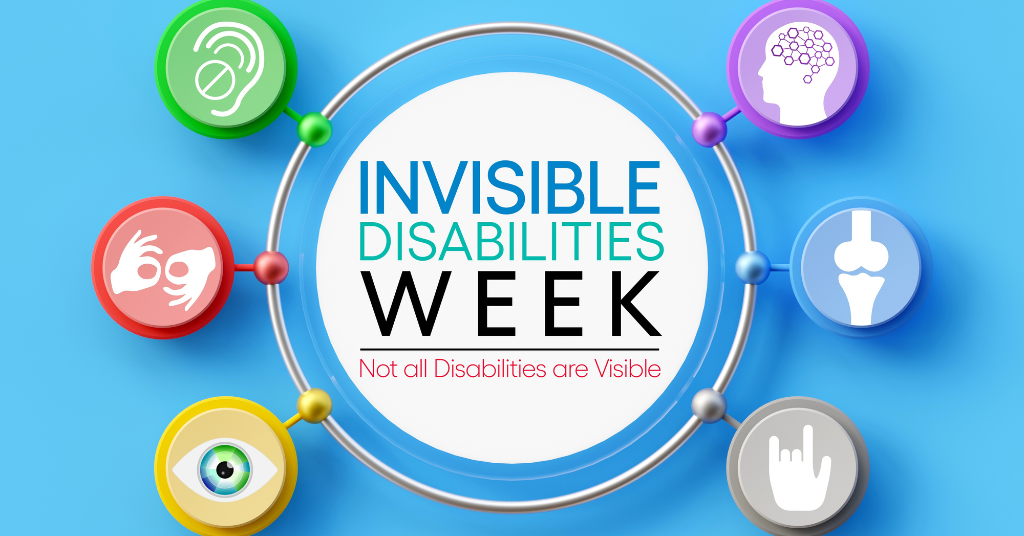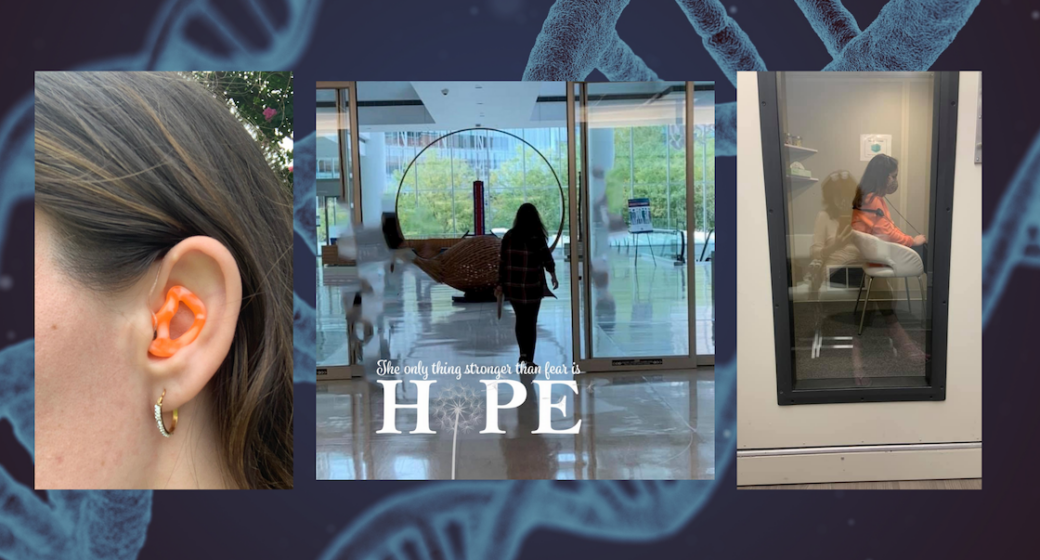How Dustin Embraces an Active Lifestyle with Modern Hearing Aids
June 12, 2023
Addressing your hearing health as an older adult
June 19, 202310 Misconceptions About d/Deaf People

As a deaf person, I get a lot of awkward – and sometimes downright weird – questions about my hearing loss and my hearing aids. They’re very important devices, seemingly (to the general public) shrouded in mystery. So let’s bust some myths, shall we?
10 Misconceptions About d/Deaf People
1. “Just turn it up!”
Perhaps the most important one. My friends and parents are guilty of doing this. Turning things up louder does not magically make me be able to hear it. In one of my articles, I compared it to listening to a radio while underwater. You can turn it up as loud as you like, but you still won’t be able to hear it very well. The listener may be able to lip-read from the speaker but shouting (and even worse, gesticulating) does not help because they distort the natural rhythm of speech.
2. “Are they connected to your brain?”
No. That is a cochlear implant. There is a notable difference. Hearing aids amplify sounds so they may be detected by damaged ears. Cochlear implants bypass damaged portions of the ear and directly stimulate the auditory nerve. In layman’s terms, one makes sounds louder, the other just makes the sound go straight to the brain.
3. “Do they make your hearing normal?”
No, having hearing aids do not make my hearing normal. It’s not like glasses. Hearing aids increase the volume but only slightly enhance clarity by raising the volume in certain frequencies.
4. “Don’t worry, it’s not important.”
This is equally a very annoying thing. If you’ve told me something and I didn’t quite catch it, please don’t compound my frustration by saying that it isn’t important. What if I want to decide for myself what’s important? Please, repeat yourself.
Read more: When “Nevermind” Goes Both Ways
5. People who are deaf read Braille.
No, that’s people who are blind. Next?
Read more: 8 Memes that describe the deafie struggle
6.”You can hear when you want to!”
Yes, I can pick up my name at times (and maybe the word “chocolate”) but even then I tend to understand what you’re saying more through body language than actual sound.
7. “How well can you lip read?”
Lip-reading is difficult, and rarely accurate. Some people do it better than others. There are so many different lip-shapes and patterns, most of it is just guesswork. It also doesn’t help lip-reading if people have accents, beards or moustaches! Add in the fact that many words “sound” the same when you lip read them (example: bowl and cold) it can be difficult to do it successfully.
Read more: Study: Lipreading may be good for CI users
8. “If your parents are deaf, you probably will be as well.”
This is wrong. Deafness is not hereditary. My reason is (probably) something to do with being born at 23 weeks and needing lots of operations to survive.
9. “Can’t you just get surgery?”
Currently, there is no “cure” for hearing loss, however there are studies around this topic. For some people with severe hearing loss, a hearing device may help them hear better, but when it comes to repairing hearing loss through surgery (and not get a CI), it’s not possible at the moment. But it could be in the future.
Read more: Inner ear hair regeneration research
10. “All hearing aids are beige and bulky.”
This is also wrong. My current ones are silver and tiny. I can also use Bluetooth to connect to my laptop to stream audio and video calls. Hearing technology has come a long way from the late ’90s, when all hearing aids were large and beige and cumbersome. Who knows where it’ll be in 20 years’ time?
Read more: Newsflash: Hearing aids ARE cool!



